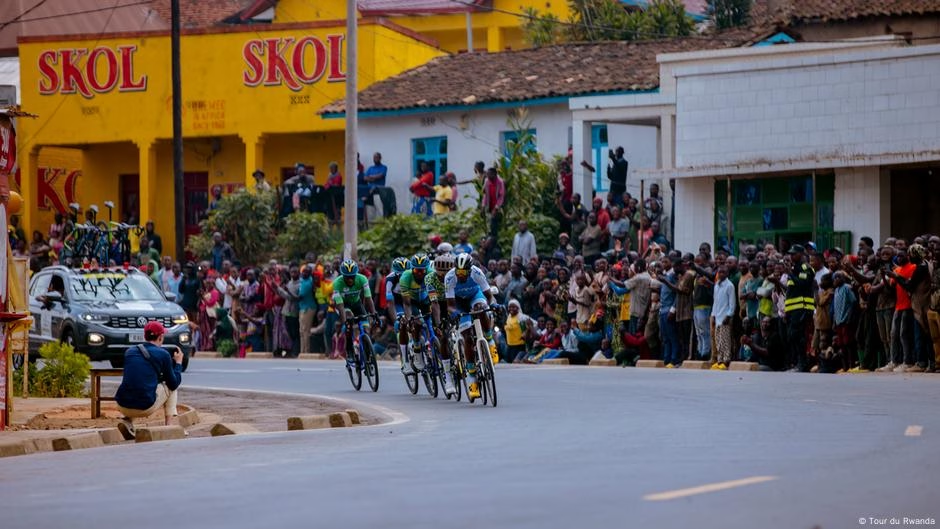Cycling as a Force for Good
Matthias Schnapka, the owner and founder of Bike Aid, discusses the positive sporting outcomes of the event and highlights the importance of cycling as a means to connect with communities, rather than solely focusing on the safety and logistical concerns. He points out that the Tour du Rwanda is a significant event for African cycling, fearing that pulling out would harm the sport’s development on the continent.
Bike Aid, focusing on supporting African athletes, has experienced the reality on the ground, contrasting the perception drawn from media representations. Schnapka calls for a comprehensive understanding of the complexities surrounding such events and argues against the blanket judgment of a country’s suitability to host based on conflicts or human rights issues.
Complexities of Hosting Cycling Events
The discussion hits on the broader issue of countries’ eligibility to host sports events, like the UCI Road World Championships, in the shadows of humanitarian or political conflicts. Schnapka reflects on the rationale behind boycotts, calling for a detailed examination of circumstances and acknowledging the UCI’s role in assessing a country’s suitability.
Security and Organization
Despite concerns regarding security and organization, Schnapka remains optimistic about the Tour du Rwanda’s execution and credits the event’s organizers for their professionalism. He also points to the lessons learned from navigating races in challenging environments, emphasizing the importance of cyclists’ experiences in diverse situations.
The Future of African Cycling
Kimberly Coats, CEO of Team Africa Rising, voices concerns over the potential impact of boycotts on African cycling, emphasizing the progress made and the dreams of young African cyclists. She advocates for the continued support and opportunities for African talent in cycling, deploring the potential setbacks that political decisions could impose on the sport’s growth in the region.
It’s evident that the Tour du Rwanda and the impending cycling World Championships are not just sporting events but complex tapestries of political discourse, athlete aspirations, and cultural exchanges. The underlying passion for cycling and its transformative potential for African communities shines through the challenges and discussions, highlighting the sport’s ambition to transcend its limits and bring people together.
Edited by: Chuck Penfold








